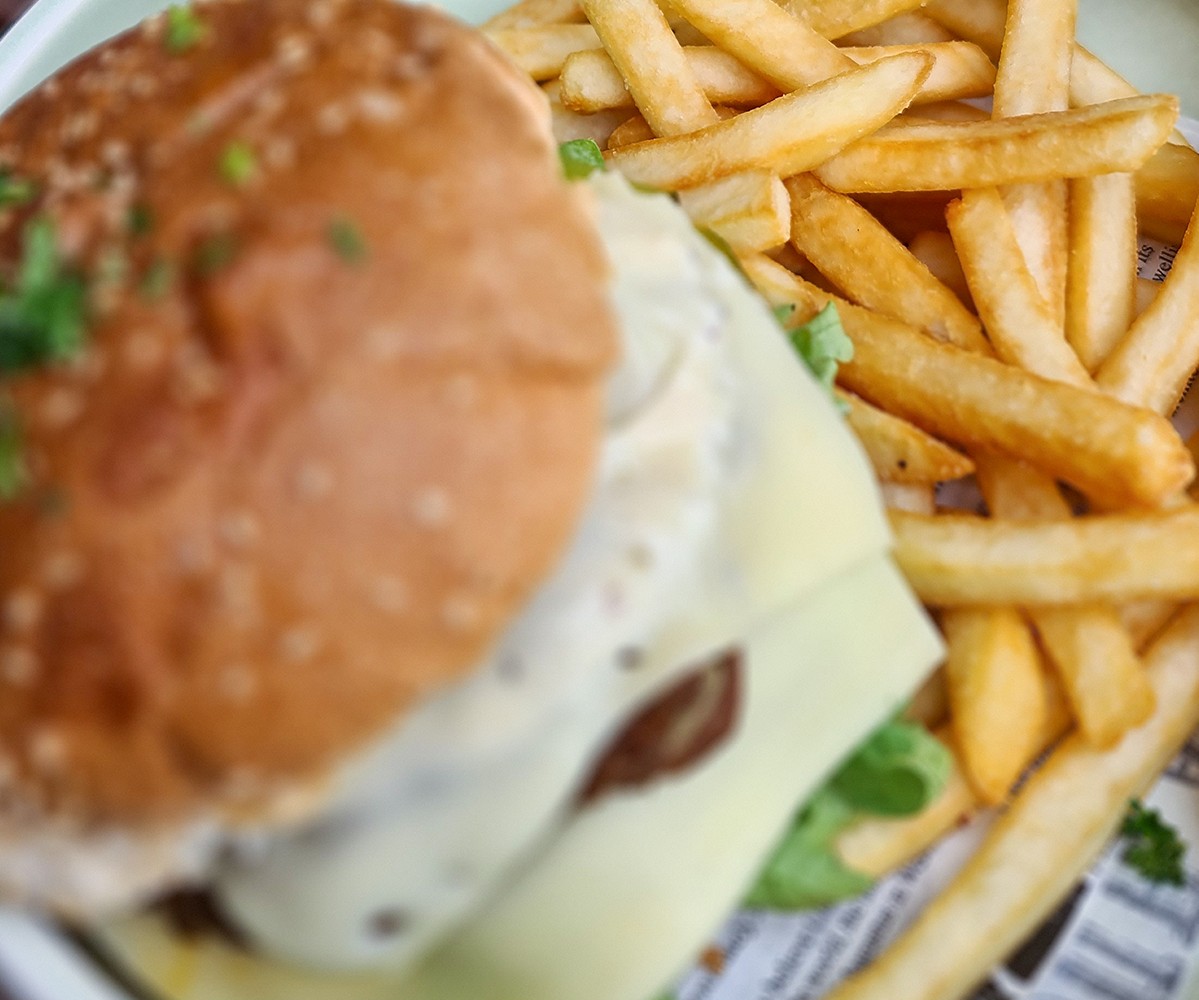Should We Limit Protein to 40 Grams per Meal?

Should there be a limit on protein per meal?
For years we have been told that the maximum amount of protein the body can use in a single meal is around 0.4 grams per kilogram of body weight. For an 80 kg person, this would equate to around 32 grams of protein per meal. Following these recommendations, many have avoided consuming a single serving of protein beyond these dose limits of fear that some of the protein being “wasted”.
So, what does the research say? Does this traditional practice stand up when put under the microscope, or have many been limiting their protein consumption unnecessarily? Thankfully, a research team out of Korea recently put this question to the test, attempting to update current recommendations for the optimal protein intake per meal setting.

Before I get into the study itself, I’d like to point out a couple of reasons why the previous guidelines of not consuming more than 0.4 g of protein per kg of body weight each meal might be wrong. Firstly, the previous recommendations were based entirely on the muscle protein synthesis response to protein consumption. However, it’s important to remember that anabolism (muscle growth) in the body is determined by net protein balance, balancing muscle protein synthesis AND muscle protein breakdown. Secondly, the protein synthesis response that led to these recommendations was following consumption of a protein (I.e. whey) or amino acid supplement alone, rather than being consumed in the context of a mixed meal (i.e. containing carbohydrates and fats as well), which of course is closer to how people eat in real life.

Now, let’s get to the study.
23 young healthy adults who were resistance-trained were recruited for this study. The subjects were randomly assigned into either an exercise or a resting group, with each group consumed. Every two meals containing different doses of protein, in random order, with a one-week break in between. All subjects had their protein synthesis rate, protein breakdown rate, and whole-body protein net balance measured before and after consuming the meals with varying doses of protein following either a resistance training session or a time-matched period of rest.
Both meals were calorie matched (1300 kcal) with 100 grams of carbohydrate and 70 grams of fat in each meal, alongside the protein dose. (If you wonder why the fat is so high, the protein comes from beef burger patties!).

The two levels of protein intake per meal were as follows:
1) Moderate protein (MP) = 40 grams
and
2) High protein (HP) = 70 grams
So, what happened?
The purpose of this study was to assess the anabolic response to ingestion of calorie matched meals containing either 40 grams or 70 grams of protein to determine what is the optimal per meal dose of protein. Previously it has been claimed (and supported by some research) that the maximum amount of protein used for muscle building purposes is around 35-40 grams per meal or 0.4 grams of protein per kilogram of body weight per meal. This study showed that both levels of protein intake resulted in pronounce anabolic responses. However, the high protein meal (70 grams) resulted in a significantly stronger anabolic response than the previously claimed “optimal” dose of 40 grams. In addition, the more positive net protein balance state achieved with the 70-gram protein dose resulted from a greater reduction in levels of protein breakdown, and to a lesser extent, a greater increase in levels of protein synthesis compared to the 40-gram protein dose.
Considering these effects, it is no surprise that previous research only evaluating muscle protein synthesis rates after consuming protein concluded that 35-40 grams were the maximum amount of protein per meal that could be used for anabolic purposes. However, they were only looking at one side of the coin. As we know, muscle grows from a sustained positive protein balance state. Thus examining changes in levels of muscle protein breakdown is also of paramount importance.
Additionally, it appears that when protein is consumed in the context of mixed meals (with carbohydrates and fats), the threshold dose of protein that can be used for muscle building purposes actually increases compared to when protein or amino acids are consumed in isolation.

Final takeaways
As long as you’re consuming protein in the context of a mixed meal (i.e. with some carbs and fats), there’s no valid reason to be limiting the protein in that meal to 35-40 grams. You’re not going to be “wasting” protein, and you’ll actually be creating a more positive net protein balance state (i.e. more gains!) due to significantly decreasing muscle protein breakdown rates.
The previous recommendation of only consuming a maximum of 35-40 grams of protein per meal is outdated and should be squashed!
P.S. for the oldies out there, don’t stress, a study last month replicated the above findings in a group of elderly participants! (Link below)
Happy Gaining!

Jackson Peos
Jackson Peos has completed a PhD at the University of Western Australia, and has a straightforward approach to nutrition and supplements.
He's completed his BSc in Sports Science, and Exercise & Health, and his BSc (Hons) in Exercise Physiology.
References:
- Kim IY, Schutzler S, Schrader A, et al. The anabolic response to a meal containing different amounts of protein is not limited by the maximal stimulation of protein synthesis in healthy young adults. Am J Physiol Endocrinol Metab. 2016;310(1):E73-E80. doi:10.1152/ajpendo.00365.2015
- Park S, Jang J, Choi MD, et al. The Anabolic Response to Dietary Protein Is Not Limited by the Maximal Stimulation of Protein Synthesis in Healthy Older Adults: A Randomized Crossover Trial. Nutrients. 2020;12(11):E3276. Published 2020 Oct 26. doi:10.3390/nu12113276
















































